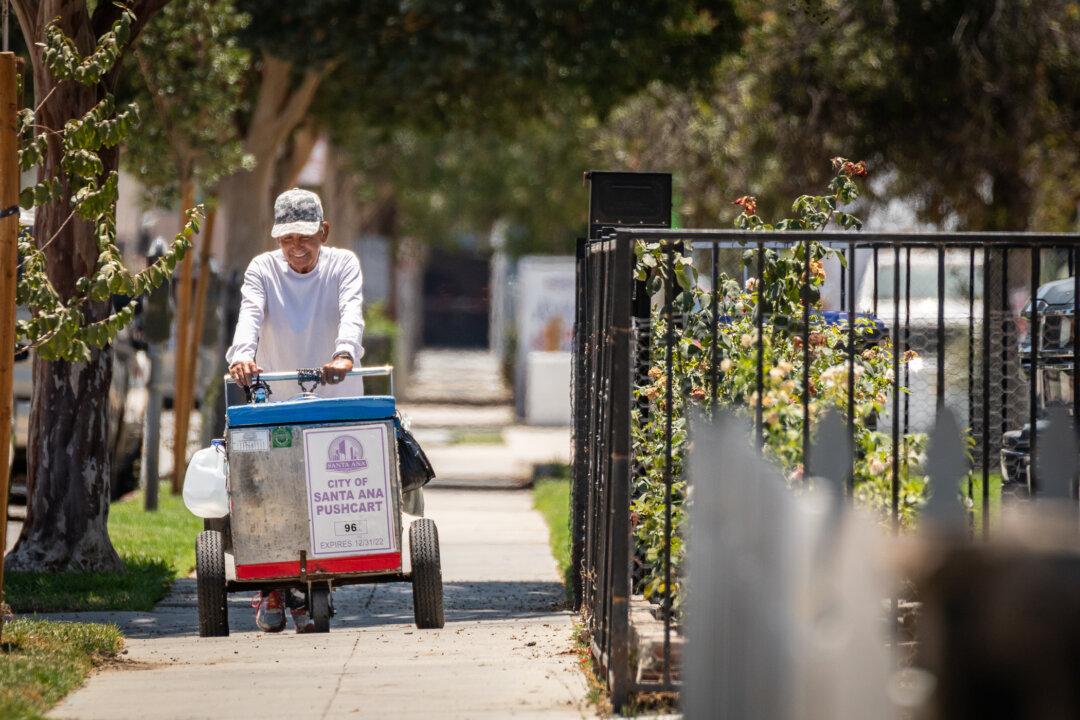As attacks on street vendors have reportedly increased, Santa Ana officials discussed July 20 passing a resolution that would classify them as hate crimes in the city.
A hate crime is a criminal act committed because of perceived characteristics of the victim, including disability, race, gender, religion, or sexual orientation, according to state law. When a case is classified as one, the perpetrator can receive harsher penalties in court.





